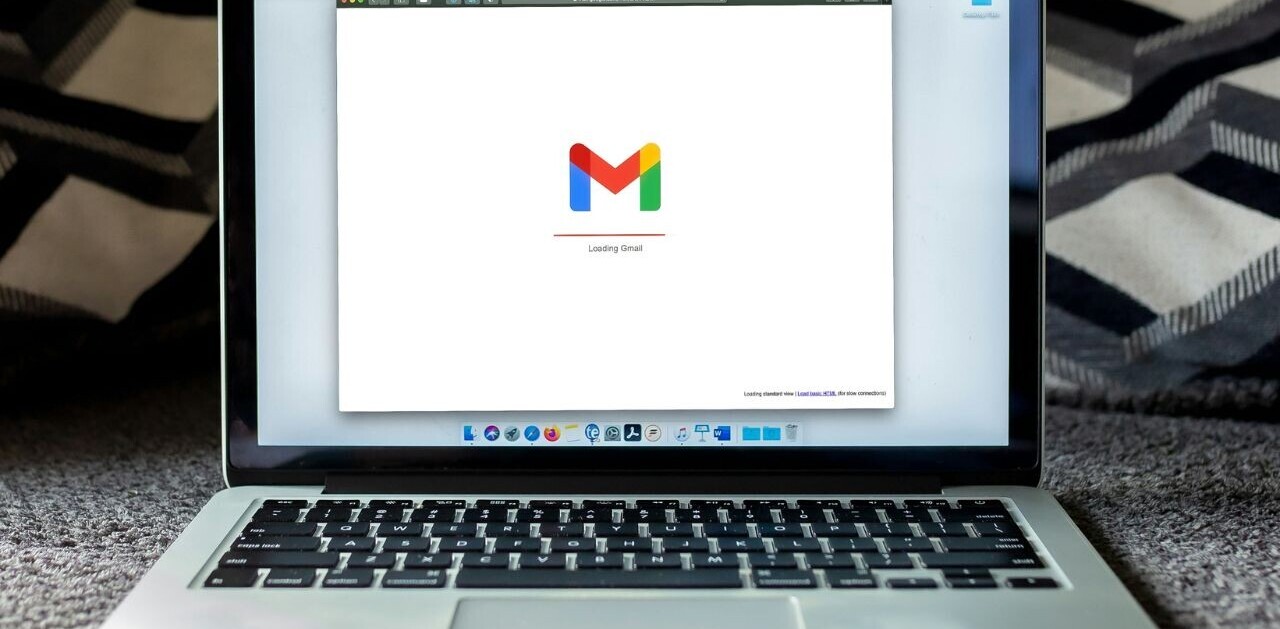
 Do you love Google? Would you pay to use their services? They wouldn’t let you, even if you forced the money into Eric Schmidt’s clammy hands.
Do you love Google? Would you pay to use their services? They wouldn’t let you, even if you forced the money into Eric Schmidt’s clammy hands.
Yesterday here on The Next Web, Alex Wilhelm published a post in which he discussed how Google services had become such an integral part of his life that he would happily pay to ensure that he didn’t lose them.
It’s an important point. The idea that the email account, office suite, calendar and many more services that you depend on could be lost as there’s no formal contract with the supplier of those services is frightening. Couldn’t we pay a monthly fee, Alex asked, to get a priority service with faster servers and telephone support?
It’s a tempting idea – but one that’s at odds with the way Google works. In fact, only by being free will Google ensure its dominance continues.
Google on tap
If you imagine the internet as being water flowing all around you, Google wants to the oxygen atom in every molecule of that H20. It’s so successful at selling advertising because it can put that advertising everywhere. You only tolerate that advertising being everywhere because Google offers such brilliant products for free.
Sure, Google charges businesses and public bodies for its premium Google Apps package but large organisations will only accept a product with guaranteed stability and service. When it comes to individuals, Google doesn’t want to charge. Their products aren’t perfect but they’re good enough, and unique enough, to attract legions of loyal users and lock them into Google’s ad machine.
While a paid ‘Premium service’ might seem like a harmless bonus for those willing to offer up the money, it would put Google on dangerous territory.
Customer service nightmares = reputation lost
Do you like customer service telephone lines? Probably not. Once a company reaches a certain size they can’t employ enough telephone reps of a consistently high quality to please customers. They hire students and other casual staff who get trained to different levels of competency leading to a frustratingly inconsistent level of service for customers.
When you’re annoyed about a company’s service, you tell people. Imagine the horror stories that would come out when a customer service rep messed up. Even if most customer service reps were perfect, the occasional ‘bad apples’ would be the story people latched on to. Examples of ‘#googlefail’ would be all over Twitter and blogosphere and Google would lose some of the huge amount of good will it’s built up over the years.
While users generally forgive Google’s problems at present, “Well, it is a free service”, if money was involved they wouldn’t be so merciful. Frustrated users would begin to look elsewhere and Google’s reputation would quickly start to sour.
Google’s ‘free and everywhere’ model is something it is uniquely positioned to exploit. To ask for cash from users would be such a fundamental change that, quite frankly, they would have to be desperate to even consider.
So, while ‘Google Premium’ might sound like a nice idea, I doubt it’s being given much thought at the Googleplex.
Get the TNW newsletter
Get the most important tech news in your inbox each week.




